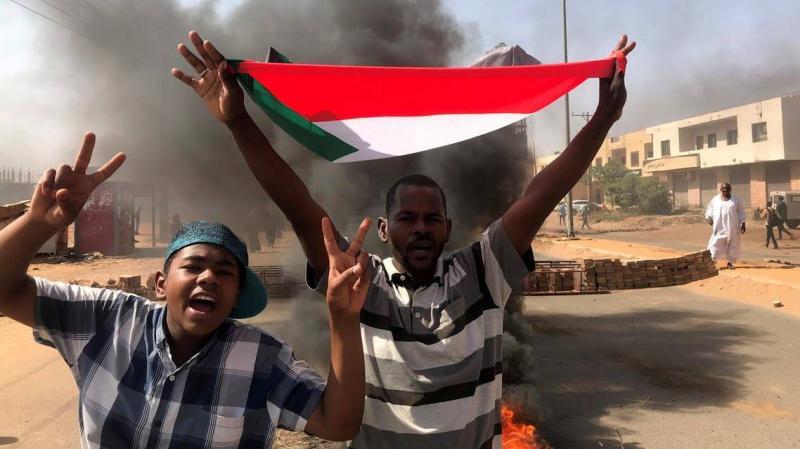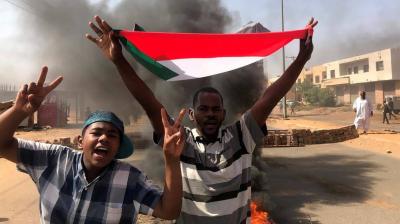While consultations are ongoing in Khartoum to form a new government amidst continued protests, U.S. Special Envoy for the Horn of Africa, Jeffrey Feldman, emphasized the necessity of power-sharing between civilians and the military, rejecting the complete exclusion of the army. He noted that Army Commander Abdel Fattah al-Burhan fully understands that it is impossible to turn back the clock in the country and return to the pre-popular uprising era.
In response to a question during an interview today with PBS regarding the removal of military forces from transitional governance, he stated that the military cannot be entirely excluded from the transitional phase, and there must be participation between civilians and military personnel. He expressed hope for a dialogue between the two sides to commence soon and affirmed that the ongoing Sudanese protesters in the streets would not accept handing over power solely to the military.
Additionally, he spoke about international community pressures on Khartoum, mentioning, "There are incredible regional and international pressures." He pointed out that the African Union has also suspended Sudan's participation in all of its activities, and the Security Council has warned against any undesirable moves, calling for a return to a civilian government. He considered the positions of all regional countries in the Middle East, along with the U.S. and the Sudanese street, to have exerted pressure on the military forces.
It is noteworthy that U.S. President Joe Biden affirmed yesterday that the U.S. stands with the Sudanese demonstrators, stressing the need to restore the transitional civilian government. Al-Burhan announced on October 25 the dissolution of the civilian government led by Abdallah Hamdok, the imposition of a state of emergency, and the suspension of certain provisions of the constitutional document. This step followed weeks of tension between the military and civilian components that have governed the transition in the country since the ousting of former president Omar al-Bashir and coincided with crises in the east of the country and tribal protests against the government.




